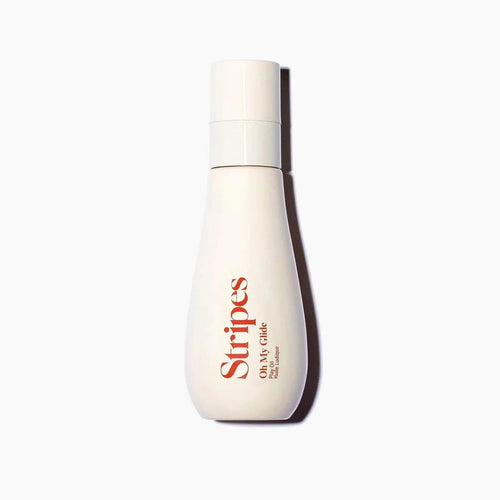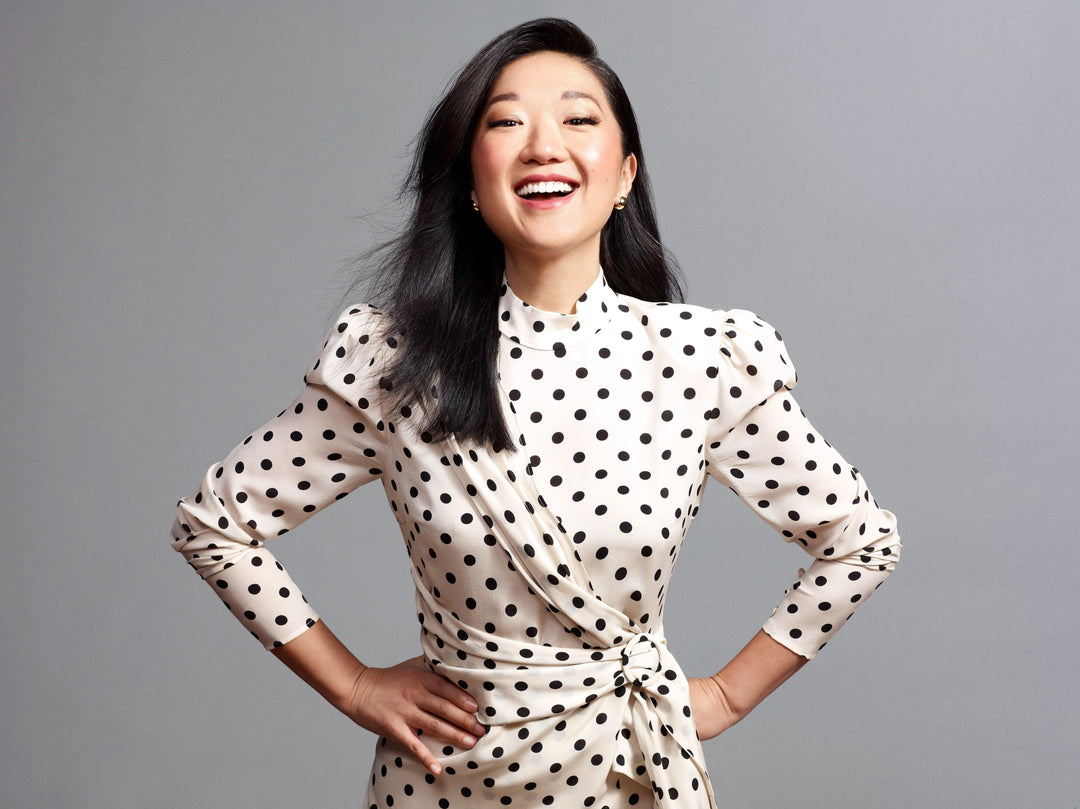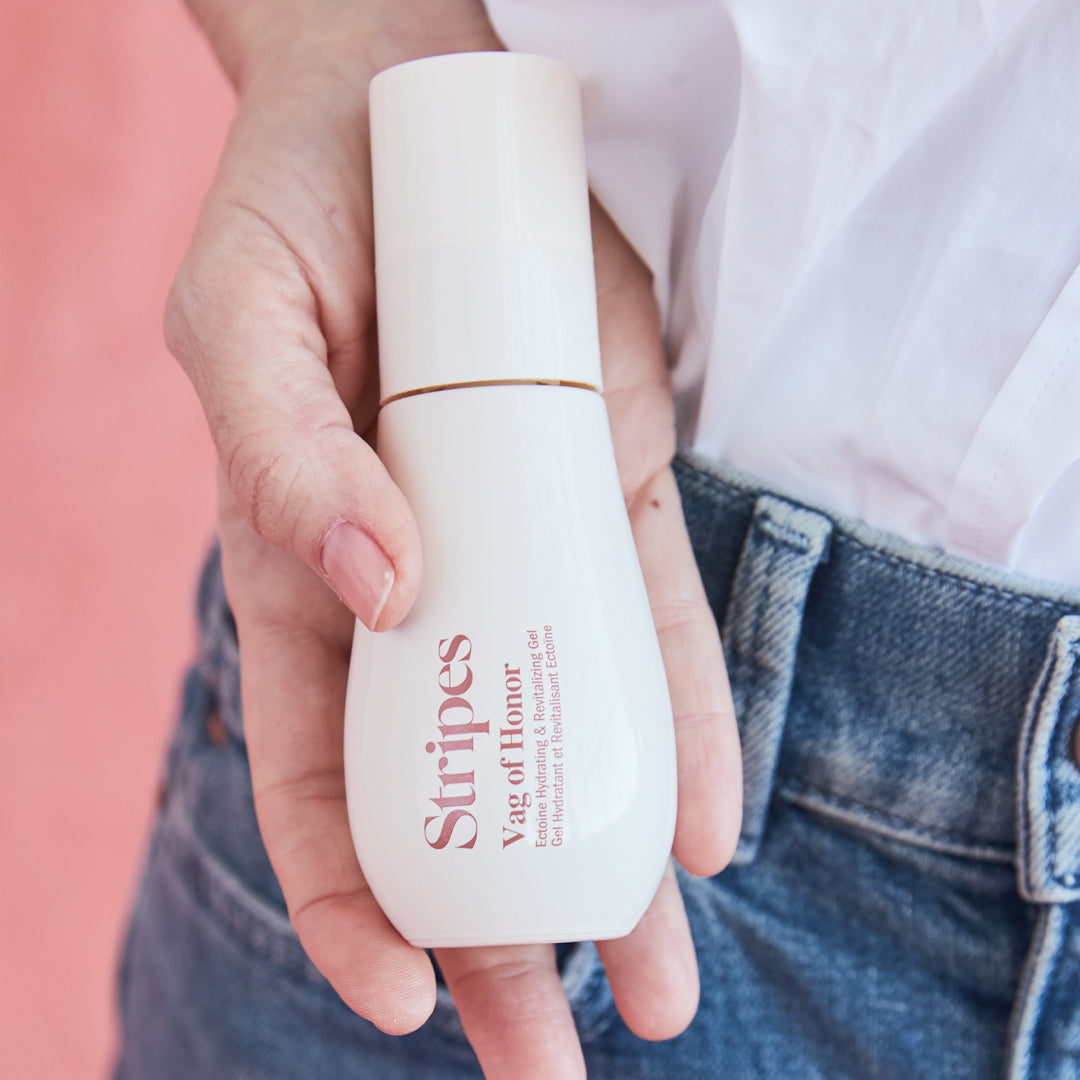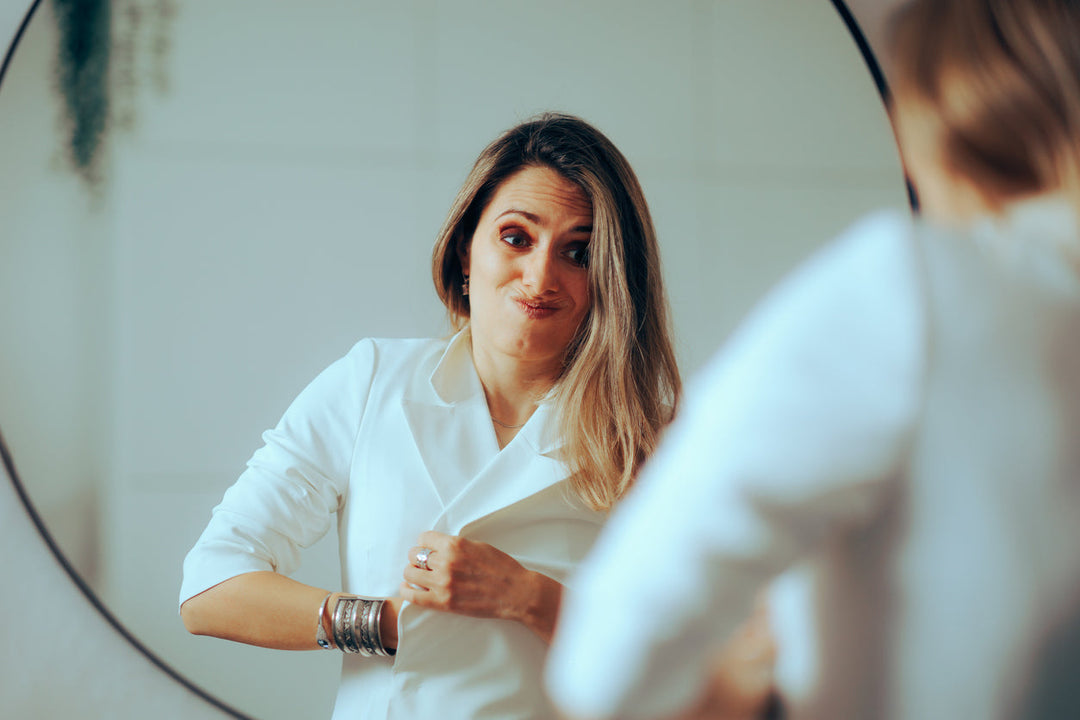What Does It Mean To Freeze Your Eggs — And Find Out You're On The Brink of Early Menopause?
In 2015, I decided to freeze my eggs. I thought I was being proactive, undergoing egg freezing as a healthy 30-something woman while I tried to figure out my future. But it was during my initial consultation for egg freezing treatment that I got news that I was on the brink of early menopause.
Without warning or, frankly, much compassion, the news was delivered to me in the exam room, in a tone that felt like we were discussing an expired driver’s license at the DMV. A blood test measuring my follicle stimulating hormone, along with an ultrasound, showed I had primary ovarian insufficiency, also called premature ovarian failure, and I needed to prepare myself for the possibility that egg freezing would not work for me. In fact, I was advised that I was not a good candidate for egg freezing because of the high likelihood of failure, yet also that it might be important for me to try because of my “failing” ovaries. Words like “infertility” were used, but I truthfully can't remember what was said about it specifically. And, just like that, the doctor was out of the room, with a parting, “let us know what you want to do, and good luck!”
Women with primary ovarian insufficiency have ovaries that don’t function as they’re expected to; they don’t release eggs or produce estrogen the way most women under 40’s bodies do. About 1% of the general population will experience it. I had never heard of it, let alone considered whether it could happen to me. At 35 years old, I had literally never once thought of menopause, nor infertility. Like many women, I spent my young adult years trying not to get pregnant. I thought undergoing egg freezing as a healthy 30-something woman was being proactive. Yet, all of a sudden, I was reacting to an unfolding health crisis.
"Translation: your biological clock is ticking, and you are running out of time."
In utter shock, I sought a second opinion. This second fertility doctor reviewed my medical records and suggested a number of things — but one message, in particular, stood out: “I am not an advocate of egg freezing because the procedure is easy to overuse. I would encourage you to consider your choices in your life and prioritize work-life balance.” Translation: your biological clock is ticking, and you are running out of time.
Out of the exam room, I headed to the internet. Now, if you think an online search for “egg freezing” was a scary premise in 2015, imagine searching for “early menopause” and infertility. I went down a research rabbit hole that led to more anxiety and uncertainty. My friends were sympathetic, but frankly, what did they know? None of us have ever been educated or coached on the changing landscape of fertility over a lifetime, nor what to do if things didn’t play out the way you (and everyone else) expected them to.
I started thinking about things I had never considered before, like adoption, or working with a gestational carrier. I confronted questions about what family meant to me, and whether my DNA mattered as a part of my definition of family or fertility. It was during this period of time that I understood how important these paths to pursuing parenthood were, and how big of a gap there was in fertility healthcare to support these paths.
Over the following year, I considered my choices. I eventually completed three cycles of egg freezing and put 12 eggs in storage. I also founded Carrot Fertility, to support women and others as they pursue the paths to parenthood that are right for them. Although our society often buckets fertility and menopause as two separate issues, the interplay of key hormones are at the center of both. Lifelong fertility includes the period of life when some decide to pursue parenthood — but it also extends much earlier and much later. And similar to egg freezing and other areas of fertility healthcare, a stigma remains attached to menopause and major gaps in the healthcare system to support women.
Today, I’m officially in my 40s. I don’t know if I’ll ever use my frozen eggs for myself, donate them to someone who needs them, or donate them to science. At Carrot, we’re addressing that stigma and resource gap around menopause head-on with comprehensive support, offering women personalized guidance through their perimenopause and menopause experiences. Whether that means support finding a menopause specialist, joining a group session to connect with others going through similar experiences, or accessing hormone replacement therapy (HRT), we know that all journeys are different, and there is no one right way to build a life or family. I always believed that to be true for others, but it took experiencing early menopause for me to believe that for myself.
Tammy Sun is Founder and Chief Executive Officer of Carrot Fertility, the leading global platform for fertility healthcare serving women plus people of every age, race, income, sex, sexual orientation, gender identity, marital status, or geographic location.
Photo of Tammy Sun by Robin Black











